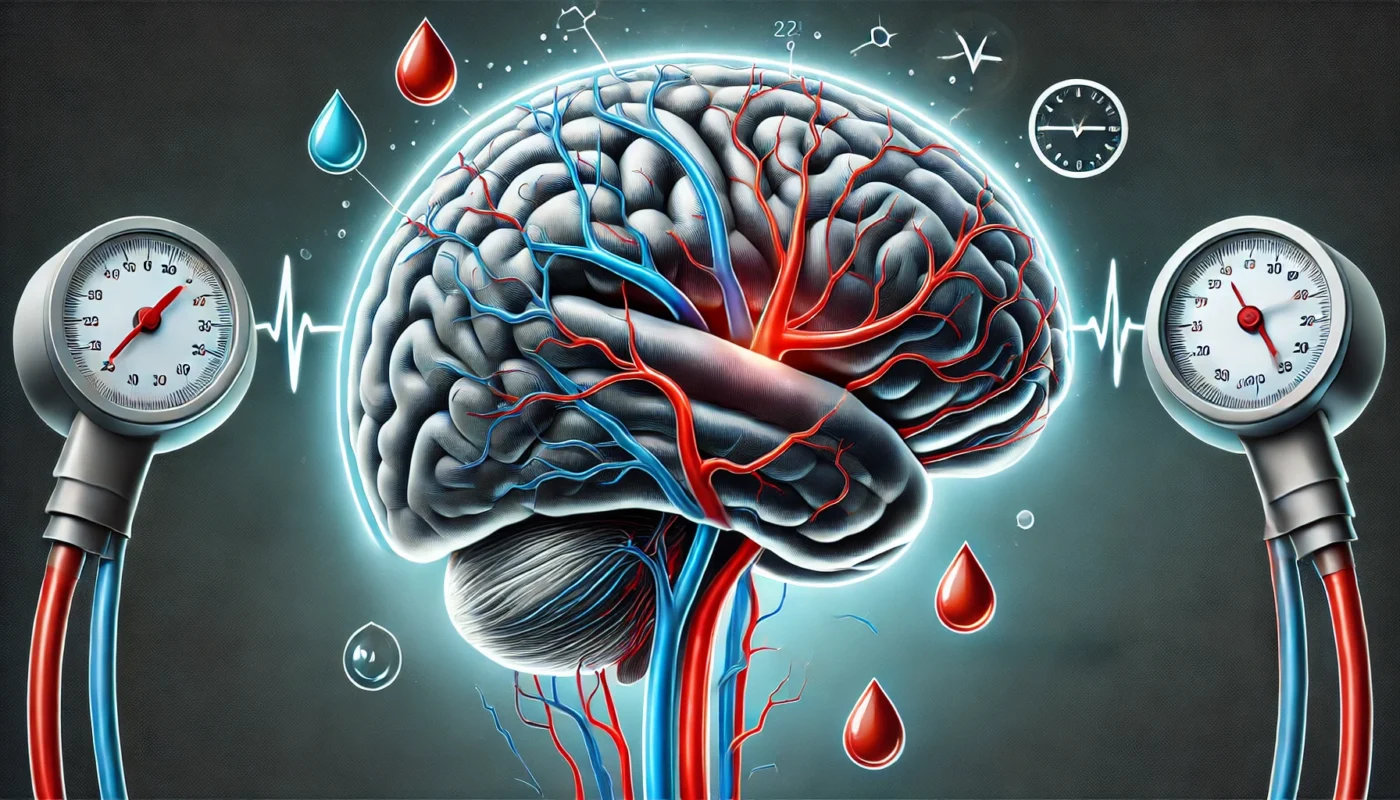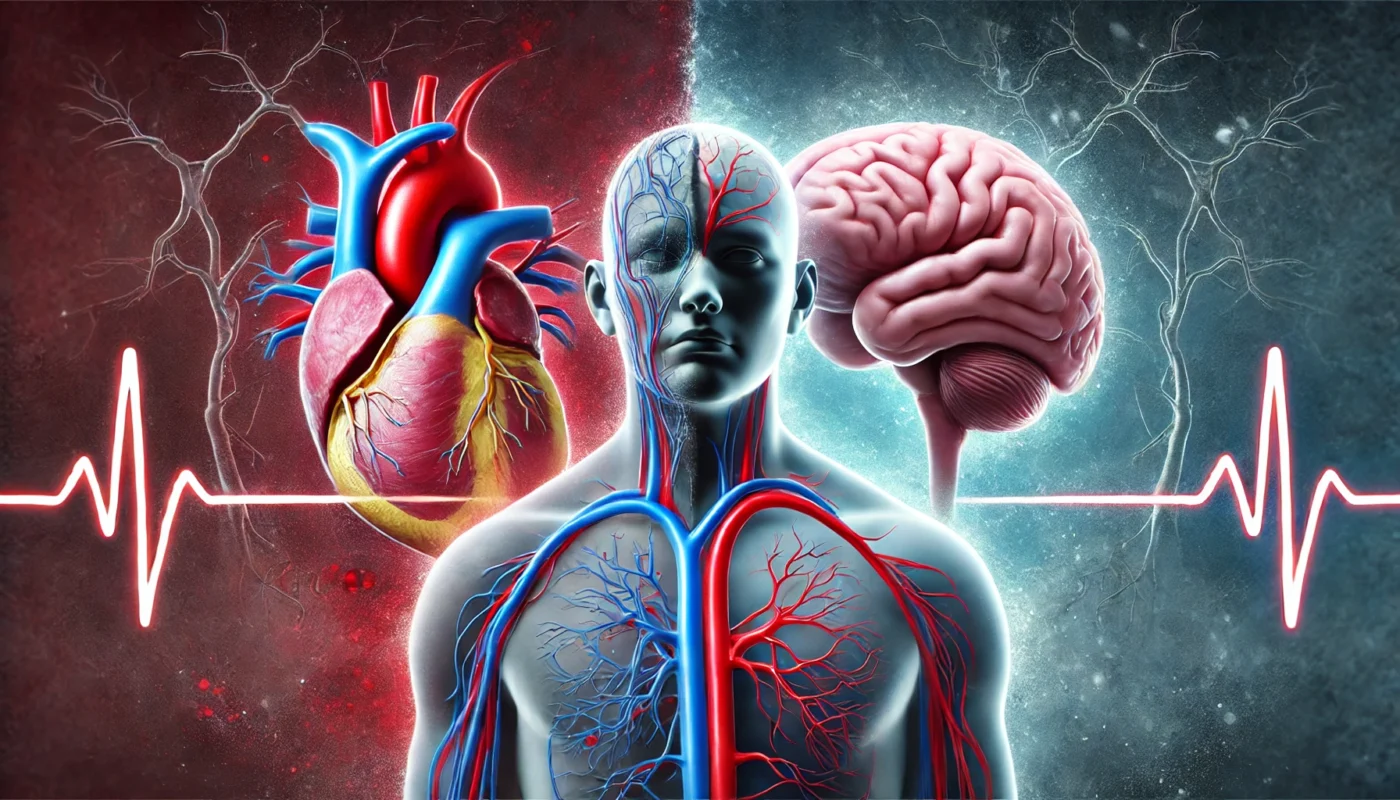When it comes to managing mental health, particularly conditions like depression and anxiety, finding the right medication can be a journey. Cymbalta, known generically as duloxetine, is a popular option for many. However, there are times when individuals may seek alternatives, whether due to side effects, cost, or simply a desire to explore other options. In this article, we’ll delve into various substitutes for Cymbalta, exploring their benefits, potential side effects, and how they compare.
Tag Archives: Depression
Hypertension, or high blood pressure, affects nearly half of the global adult population, according to the World Health Organization (WHO). While it is widely known as a leading cause of heart disease, stroke, and kidney failure, its connection to mental health often remains underexplored. Emerging research highlights a bidirectional relationship between hypertension and psychological well-being, where high blood pressure influences mental health, and mental health challenges, in turn, exacerbate hypertension. This article explores the hidden impact of hypertension on mental health, the underlying mechanisms driving this relationship, and strategies to manage both conditions effectively.
Hypertension, or high blood pressure, is a chronic condition that affects nearly half of all adults globally, according to the World Health Organization (WHO). It is a major risk factor for cardiovascular diseases, kidney damage, and stroke. While hypertension is traditionally associated with physical health concerns, emerging evidence highlights its significant connection to mental health, particularly depression. Depression, a common mood disorder characterized by persistent feelings of sadness and loss of interest, often coexists with hypertension, creating a bidirectional relationship that complicates the management of both conditions. This article explores the links between hypertension and depression, the mechanisms that drive their interplay, and strategies for addressing this often-overlooked connection.
Hypertension, or high blood pressure, is often described as a silent condition due to its lack of obvious symptoms. However, its implications extend far beyond physical health. Living with hypertension can lead to significant psychological and emotional challenges, including stress, anxiety, depression, and even social isolation. These mental health burdens can, in turn, exacerbate blood pressure issues, creating a harmful cycle that impacts overall well-being. Recognizing and addressing the psychological burdens of hypertension is essential for achieving holistic health. This article explores the mental and emotional challenges associated with hypertension and provides evidence-based strategies for coping.




